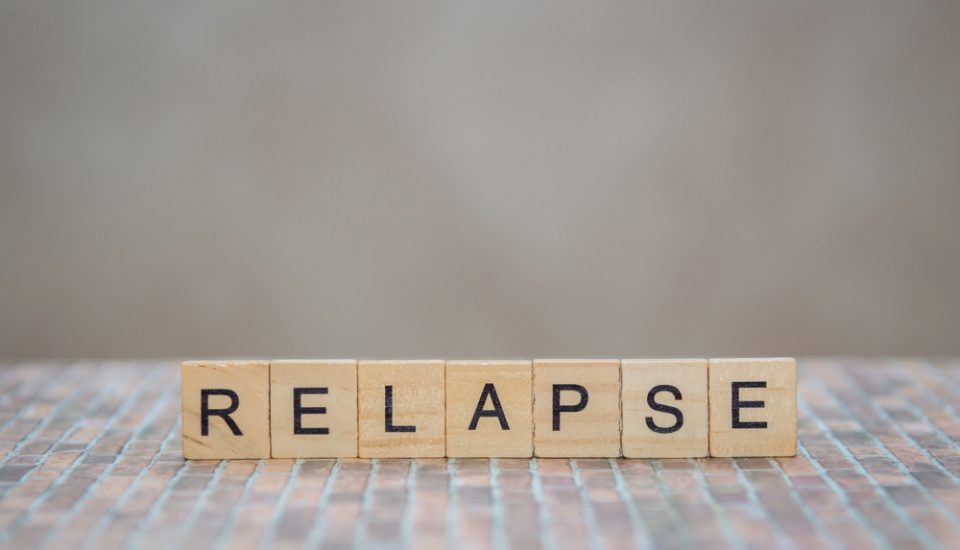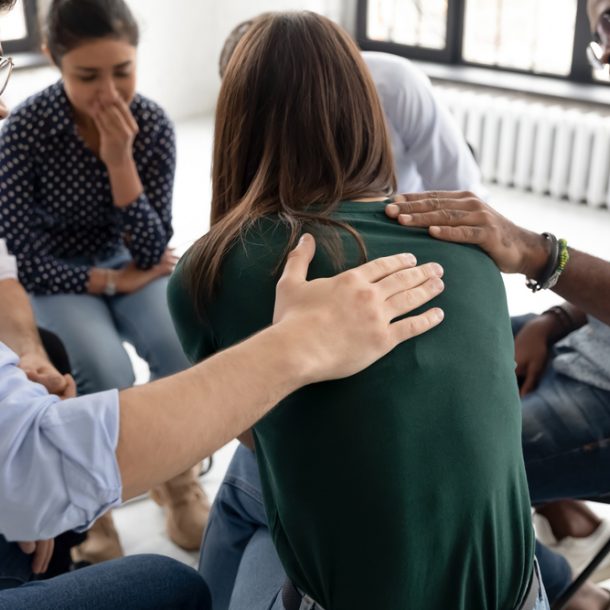
If you are in recovery—and especially early recovery—relapse is a very scary and real thought. For all the hard work you put in to get sober, losing your sobriety to a relapse can be deflating and damaging to the ego. While unpleasant to think about, relapse is seen as a standard part of the recovery process. It is estimated that 40 to 60 percent of people in recovery will relapse in their lifetime. With these percentages, are there ways to reduce or even eliminate the risk of relapse?
Fortunately, you can avoid relapse if you understand relapse. This article will clearly define what relapse is and what causes relapse. You will also learn why people relapse and get tips on how to reduce your relapse risk. Are you in recovery and need to learn more about relapse prevention? Call SoberMind Recovery Center toll-free today and learn more about our Southern California relapse prevention programs.
What Does It Mean to Relapse?
Simply defined, a relapse is when people return to active drug use after a period of abstinence. Many people feel that relapse occurs the moment someone picks up a drink or uses a drug. In reality, relapse occurs way before someone uses a substance. Much like addiction itself, relapse is a process where tell-tale signs surface that can lead to active use if not addressed in a proactive manner. Relapse can be thought of in three phases:
Emotional Relapse—occurs when newly recovered addicts bottle up their emotions, have increased mood swings, and show intolerance towards others. They may still go to 12-step meetings, but they aren’t an active participant.
Mental Relapse—marked by increased cravings and urges to use. People will start hanging around old using friends and have fantasies about using substances. Additionally, they start thinking of scenarios where drug use would be “acceptable.”
Physical Relapse—the actual act of using substances after a period of sobriety. Once substance use starts again, people experience overwhelming feelings of guilt and shame.
Why Do People Relapse?
With all the hard work that is put into recovery, why do people relapse? There are numerous underlying factors regarding what causes relapse. One reason that can cause relapse is the emergence or re-emergence of a mental illness such as depression, anxiety, or PTSD. As mentioned earlier, starting to hang around friends that still actively use can be a determining factor on what causes relapse. Another significant reason why people relapse is they begin to miss 12-step meetings and meeting with their sponsor. They may quit going to meetings altogether.
Additionally, complacency can cause relapse. During early recovery, people are in a “honeymoon phase” where they look and feel great. As a result, they may feel they have sobriety well in hand and start to not abandon their individual recovery plan. Along those same lines, people may feel “stuck” in their recovery and not develop new tools to grow. When people hit that plateau, they may lose motivation, and it leaves them vulnerable to relapse.
How to Avoid Relapse
Now that you know what causes relapse, how can you avoid relapse or at least reduce the chances of slipping back into active substance use? First and foremost, put into practice the healthy coping skills you learned in drug treatment. It is also important to practice great self-care. Be sure you eat a balanced diet, get regular exercise, and get restful sleep. Also, be sure to attend self-help meetings on a regular basis.
It is also important to be honest with yourself. If you are experiencing the early symptoms of relapse, you must be proactive in addressing those symptoms—don’t wait. If needed, ask for help. Call people in your support network or your sponsor. Get to a meeting, or attend extra meetings. You are not weak in asking for help. Asking for help from those who are in your corner can make the difference between staying on the path to recovery or slipping into relapse.
Finding Relapse Prevention Programs Near You
If you are new in recovery, knowing what causes relapse and what can cause relapse can help you sharpen your recovery game. A solid relapse prevention program not only minimizes the risk of relapse, but it also gives you confidence and empowers you to grow in your sobriety. SoberMind Recovery Center features a comprehensive relapse prevention program and other essential outpatient aftercare services that give you the tools you need to stay sharp in sobriety.
SoberMind Recovery Center is a Southern California rehab that provides inpatient and outpatient treatment in the Los Angeles area.
Related Articles
About Us





